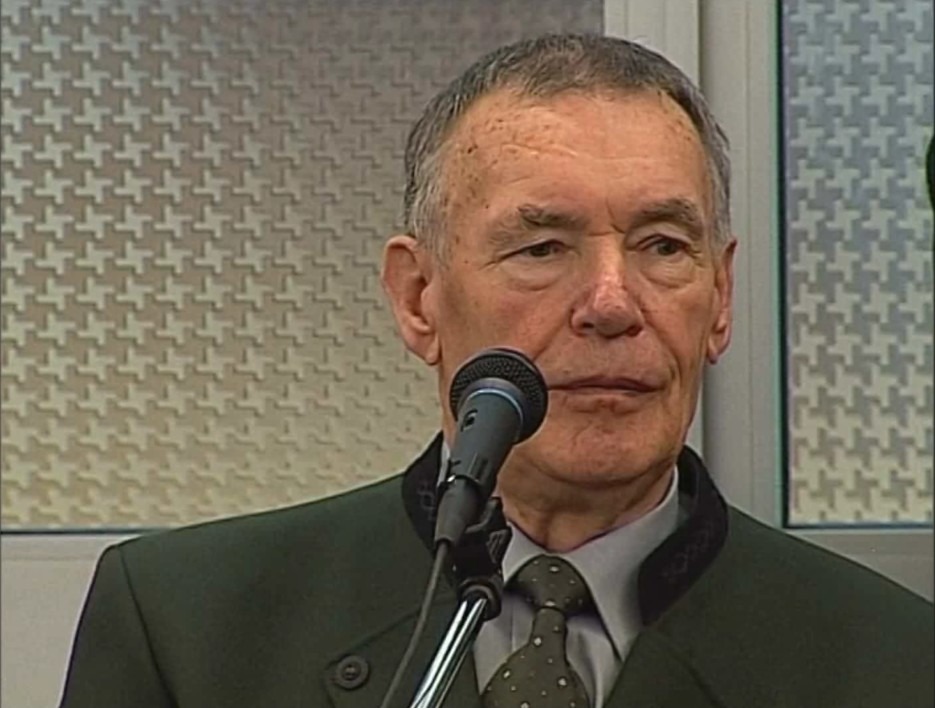Adolf Beckert voluntarily enlisted in the Waffen-SS in 1942. Trained in Prague, he was first stationed in France and finally in Italy. Settled in Tuscany, he joined the 16th Panzergrenadier Division Reichsführer-SS as a corporal. His division consisted of highly ideologically motivated soldiers called to act against the partisans. Beckert knew that his military objective was to round up men. However, upon his arrival in the town of Sant'Anna he found no men, but only a few women, both young and old. His searched the area around the church for partisans. Beckert did not find any; he only saw six corpses in the area in front of the church that likely belonged to Italian civilians forced to carry ammunition. The sight of the dead bodies did not upset him, and Beckert entered the building, where he found some elderly women intent on praying. He looked at the rectory, sensing that someone had escaped in a hurry. Beckert was then given the order to deploy at the perimeter together with a fellow soldier. On his way, he observed the events in the church square, which slowly filled up with women, the elderly and children. Among them, Beckert distinguished a priest by his clothing. The latter conversed with the commander and the telegrapher. The commander asked where the men were, but he received no answer. After a final conversation, the women, children and elderly began to pray. At that moment, the Nazis started shooting. Nobody was saved.
During the proceeedings in La Spezia, Beckert recalled in front of the eyes of the surviving witnesses that no checks or coups de grâce were necessary — all had died at the first shots. He was the only one to testify, recounting what had happened in the church square, where approximately 130 people lost their lives. For the survivors present at the judicial hearing, Beckert's testimony was among the most intense moments of the entire process, as they were finally able to look one of the executioners in the eyes as he told about what had transpired on that tragic day.
